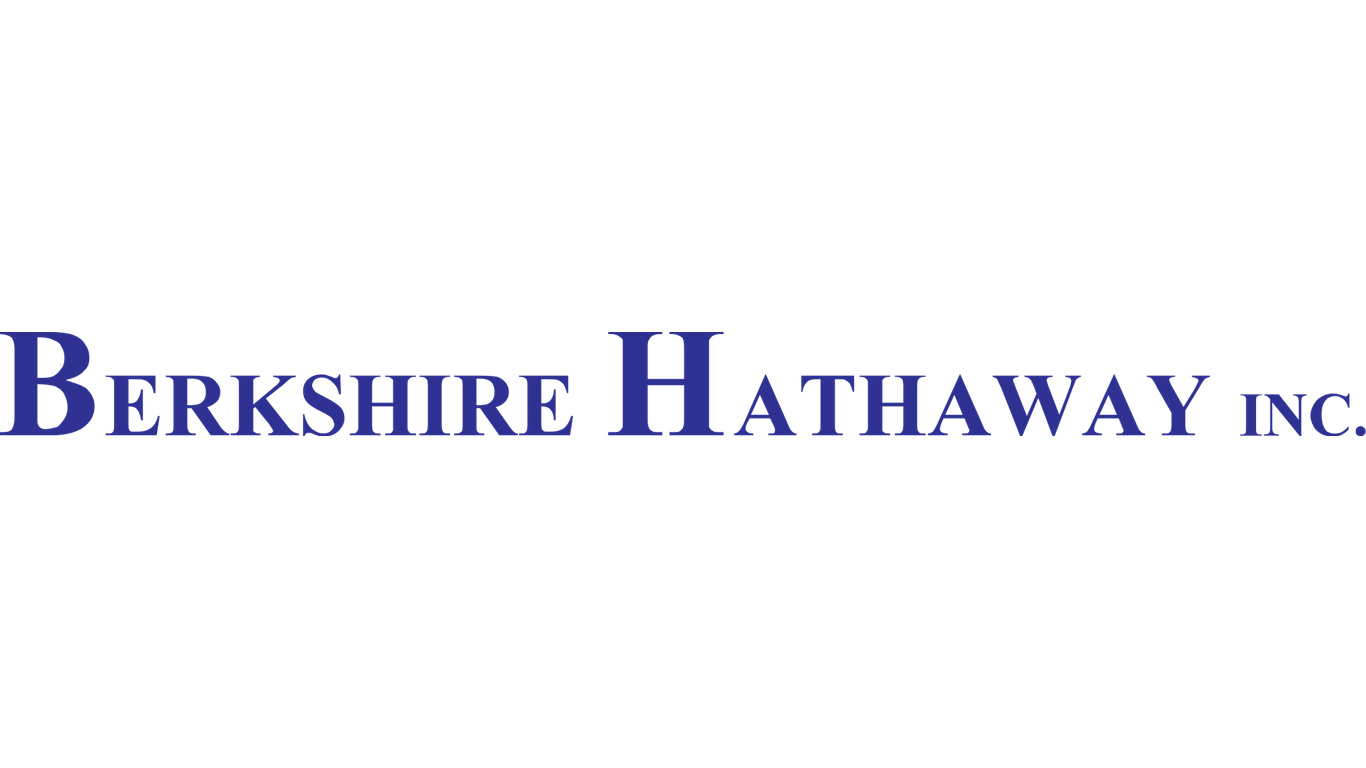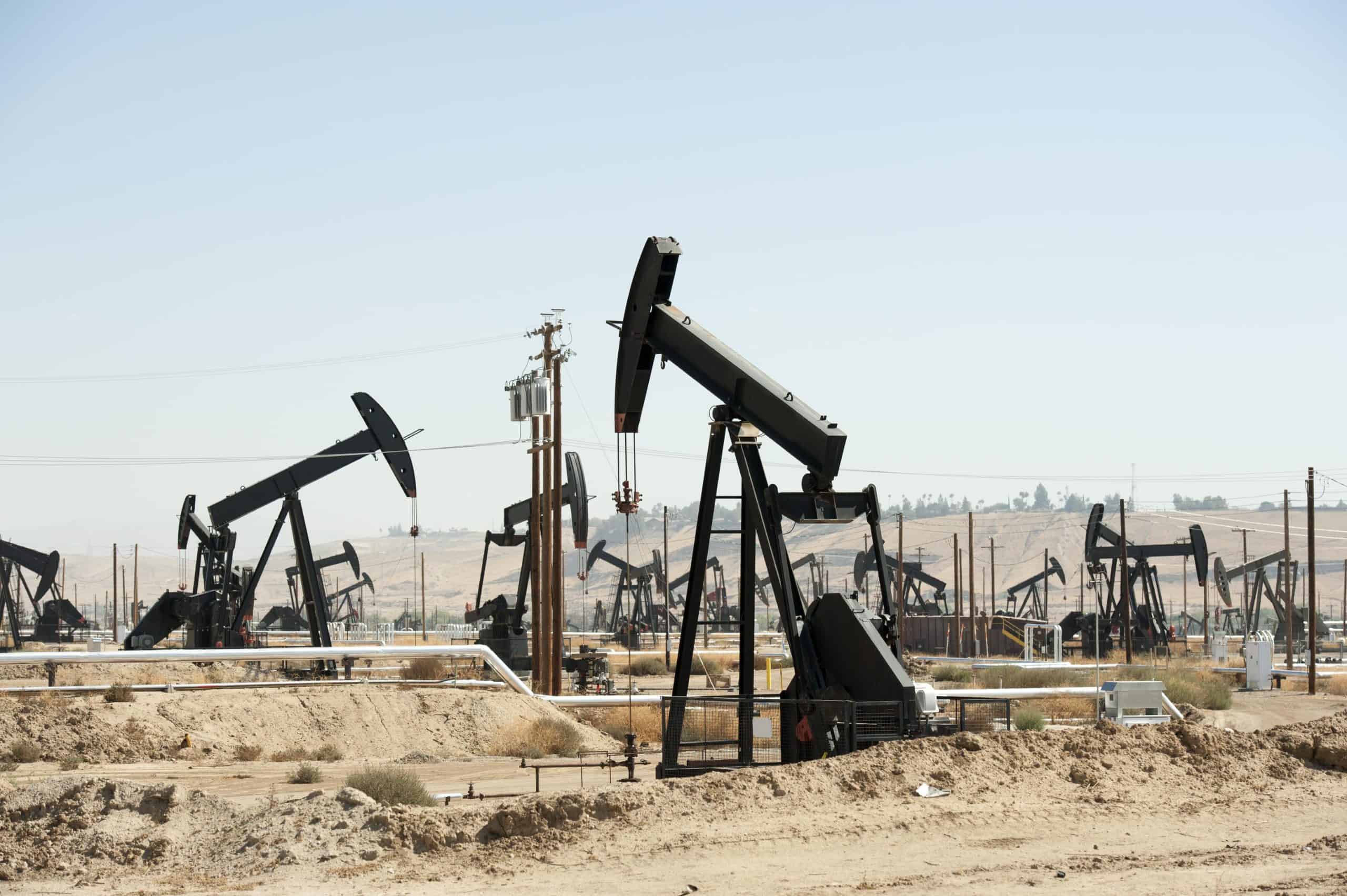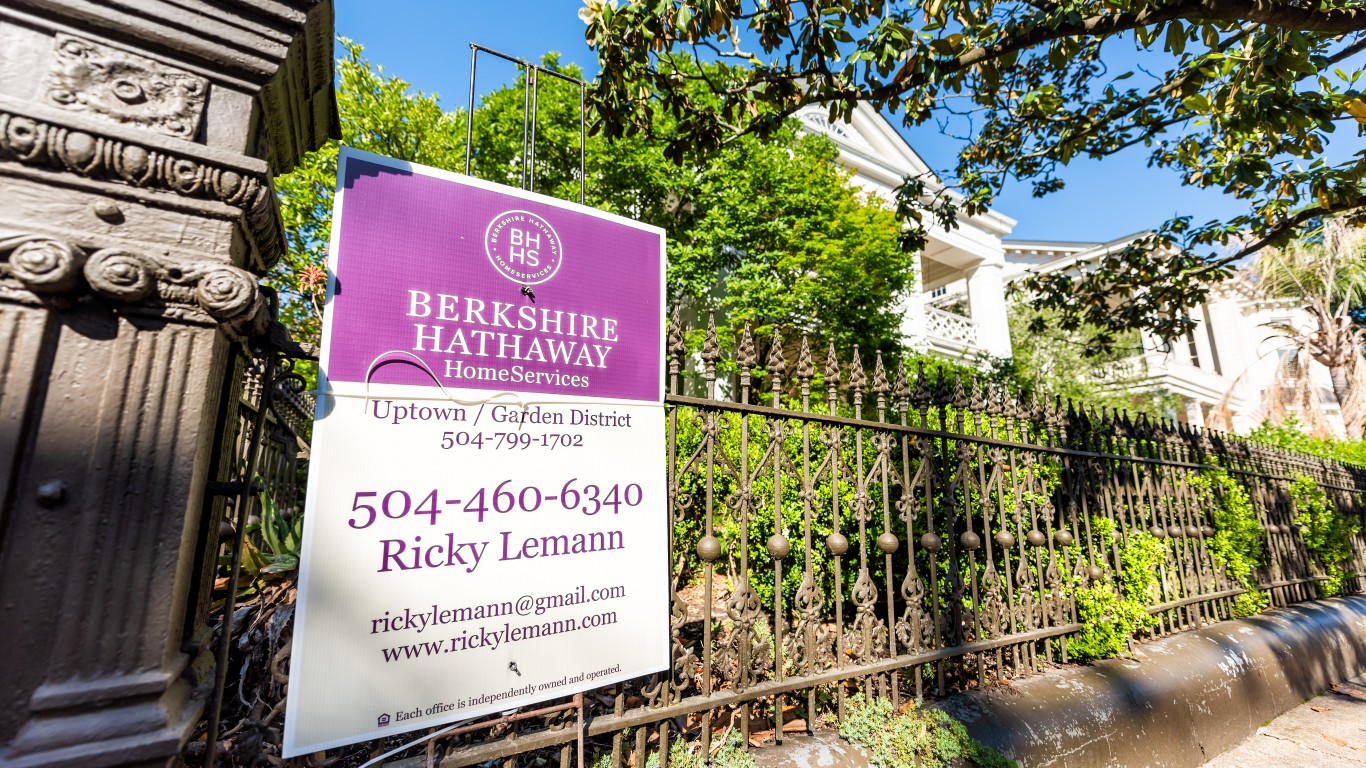Investing
3 Things Warren Buffett's BRK Should Do With $325 Billion in Cash

Published:

Berkshire Hathaway (NYSE:BRK.B) reported its Q3 2024 results on Nov. 2. The biggest highlight was its record cash hoard of $325.2 billion. Due to accounting changes a few years ago, Berkshire’s operating profit jumps from quarter to quarter, but its cash balance in recent years has consistently risen.
In the latest quarter, Warren Buffett’s holding company continued to sell its Apple (NASDAQ:AAPL) stock, unloading 100 million shares. It now has sold over 600 million in 2024. While still Berkshire’s largest equity holding, it accounts for 22.8% of the portfolio, far less than a couple of years ago, when the iPhone maker accounted for over 40%.
It continues to struggle to find places to invest the capital. However, even though interest rates are coming down, invested in 3% U.S. Treasuries, the annual interest would be nearly $10 billion.
No wonder it struggles. To help it out, I’ve devised three things it should do with the $325 billion in cash.

Berkshire’s third-quarter report details its 2019 $10 billion preferred stock and common stock warrants investment in Occidental Petroleum (NYSE:OXY), which paid 8% annual interest.
In addition to its original investment, Berkshire has bought common stock in the open market, totaling 255 million and worth about $13.2 billion. This gives Berkshire a 27.2% stake in the oil and gas producer.
I believe Berkshire will make a tremendous amount of money on the company’s entire investment over the past five years. However, the interest it’s received—$4 billion in cash and stock dividends—has been worth it.
Berkshire’s history of making preferred stock investments should continue after Warren Buffett’s death. These investments tend to be very opportunistic and profitable.
One that makes sense in the current business environment would be providing billions in funding to Canadian convenience store operator Alimentation Couche-Tard (OTCMKTS:ANCTF) for its proposed $47 billion takeover of Seven & i Holdings (OTCMKTS:SVNDY), the parent of 7-Eleven.
Couche-Tard is an excellent operator that would integrate the chain well. Berkshire could easily do another $10 billion preferred deal.

There is no question that private equity is highly competitive in acquiring middle-market private companies. That has likely increased the prices paid for assets. However, spinning off $200 billion of Berkshire’s cash and some of its smaller assets, such as Dairy Queen, would be an excellent way to add shareholder value.
By investing $5-10 billion in each acquisition and using minimal debt to finance them, the spinoff could build a portfolio of 20-30 companies over a decade, giving the management team time to patiently cobble together its investments.
Just as Berkshire itself may someday be patiently wound down, achieving the best outcomes for its assets and further rewarding loyal shareholders, the spinoff would do the same in reverse.
Remember, Berkshire Hathaway didn’t suddenly become a trillion-dollar company. It took decades—all of Warren Buffett’s adult life. Building this new business over a decade or more would not be excessive.
The important thing is to do this before Warren Buffett dies, not after, because once the founder goes, it will be much harder for Greg Abel, the head of Berkshire’s non-insurance operations and the next CEO, to do anything of this nature, given that Buffett’s kids will have a large say in Berkshire’s oversight.
Having Buffett’s seal of approval makes all the difference, both to shareholders and to the middle-market companies that would consider joining the Berkshire spinoff.

It’s been a long time since I’ve examined its various businesses. There are too many to count quickly. However, insurance businesses account for most of the holding company’s assets and revenues.
In 2023, Berkshire’s total revenues were $364.48 billion. Adding the investment and derivative contract gains increases the top line to $439.34 billion. Breaking that down, its manufacturing businesses accounted for $75.41 billion (21% of revenue), while service and retailing was $92.6 billion (25%). That leaves 54% of its revenue for insurance, BNSF (Burlington Northern Santa Fe railroad), and its energy and utilities business.
Breaking the numbers down further, McLane Company Inc., Berkshire’s wholesale distributor–Walmart (NYSE:WMT) accounts for 14% of the division’s revenue–accounts for 57% of the $92.6 billion in service and retailing revenue, but only 9% of the $5.18 billion in pre-tax profits.
McLane would be the first candidate to go because it accounts for 14.4% of Berkshire’s $364.48 billion in revenue but just 0.4% of its $120.17 billion in pre-tax earnings—a blip on the income statement.
On the balance sheet, McLane is included under Insurance and Other assets. That segment’s property, plant, and equipment was $22.03 billion. McLane owns 64 of its distribution facilities. Assuming an average value of $10 million per facility, that’s $640 million in property, plant, and equipment.
Berkshire paid $1.5 billion for McLane in 2003 when it had $23 billion in annual revenue and a pre-tax margin of just 1%. Today, its pre-tax margin is 20 basis points lower at 0.8%.
It’s got to go.
The thought of burdening your family with a financial disaster is most Americans’ nightmare. However, recent studies show that over 100 million Americans still don’t have proper life insurance in the event they pass away.
Life insurance can bring peace of mind – ensuring your loved ones are safeguarded against unforeseen expenses and debts. With premiums often lower than expected and a variety of plans tailored to different life stages and health conditions, securing a policy is more accessible than ever.
A quick, no-obligation quote can provide valuable insight into what’s available and what might best suit your family’s needs. Life insurance is a simple step you can take today to help secure peace of mind for your loved ones tomorrow.
Click here to learn how to get a quote in just a few minutes.
Thank you for reading! Have some feedback for us?
Contact the 24/7 Wall St. editorial team.